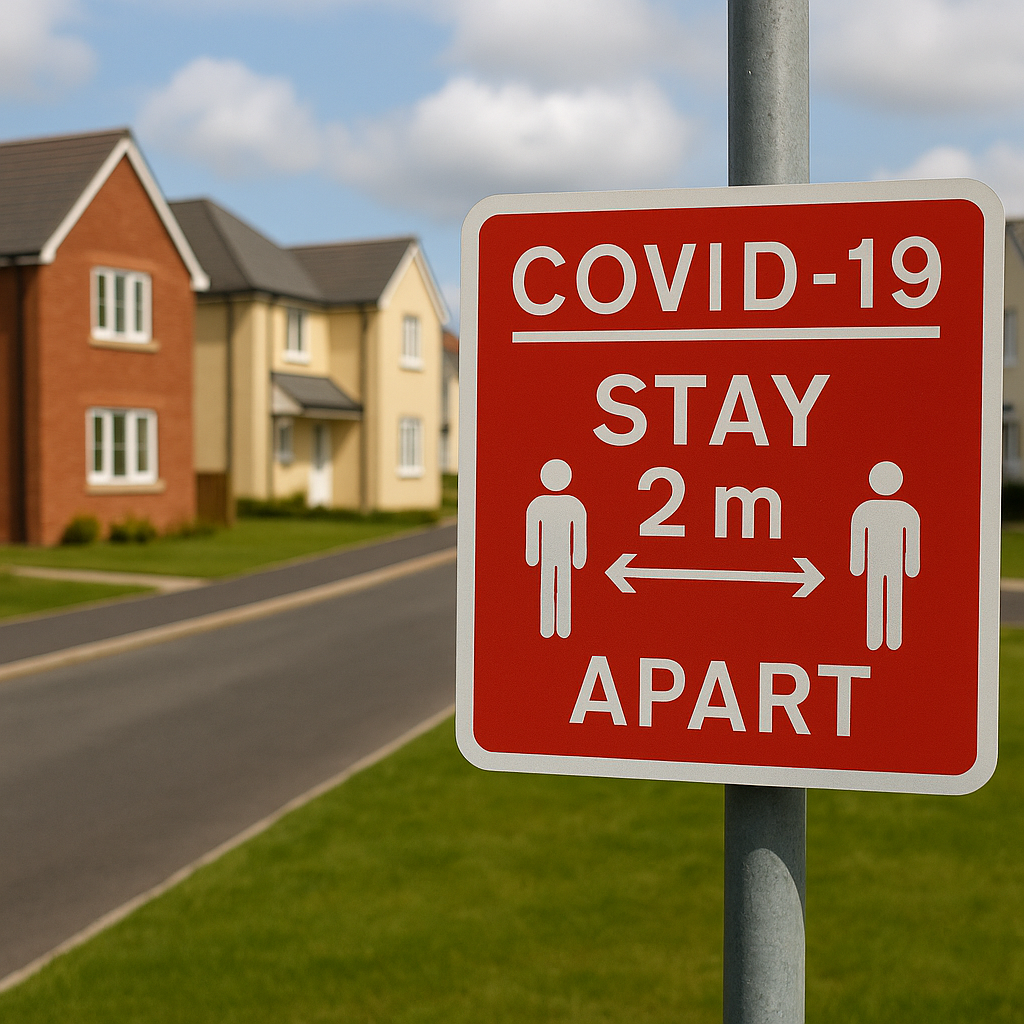Introduction: The Immediate Aftermath of an Auto Accident
An auto accident can be a traumatic and stressful experience, leaving you shaken and unsure of what to do next. In the moments following a collision, your immediate actions can significantly impact your safety, legal rights, and ability to recover damages from insurance companies.
Knowing what steps to take right after an accident is critical to ensure that you protect yourself both physically and legally.
Ensure Safety and Check for Injuries
If you or anyone else is hurt, call 911 immediately to request medical assistance. Even if you don’t feel injured, it’s important to get checked out by a medical professional as some injuries may not be immediately apparent (like whiplash or concussions).
If you’re able to do so safely, move to a secure location—such as the shoulder of the road—away from traffic to avoid further harm.
Call the Police
A police report can be an essential piece of evidence when filing an insurance claim or in legal proceedings. In many jurisdictions, it’s legally required to report accidents that cause injuries, significant property damage, or involve a hit-and-run.
When the police arrive, be cooperative but avoid admitting fault. Simply provide the facts of the incident without speculating or assigning blame. This will help prevent anything you say from being used against you later.
Contact an Auto Accident Lawyer
After ensuring your safety and taking care of the immediate steps, it’s time to consult with an experienced auto accident lawyer. An auto accident lawyer in ST. John’s NL specializing in auto accidents can provide you with critical legal guidance to help you navigate the complexities of insurance claims and any potential legal action you may need to take.
Here’s how an auto accident lawyer can assist you:
- Evaluate Your Case: A lawyer can assess the details of the accident, including gathering evidence, reviewing police reports, and determining the strength of your case.
- Negotiate with Insurance Companies: Insurance companies often try to minimize their payout, and without legal representation, you may not get the compensation you deserve. A lawyer can handle communications with the insurer to ensure you get a fair settlement.
- File a Personal Injury Claim: If you’ve been injured, your lawyer can help you file a personal injury claim, ensuring all medical expenses, lost wages, pain and suffering, and future care are accounted for.
- Litigate If Necessary: If a fair settlement cannot be reached through negotiation, your lawyer can represent you in court to seek compensation.
An experienced lawyer will take the burden of legal complexities off your shoulders, allowing you to focus on recovery while they fight for your rights.
Gather Information from All Parties Involved
While you’re waiting for the police, make sure to gather important details from all parties involved in the accident. This includes:
- Names, addresses, and phone numbers of everyone involved, including passengers and witnesses.
- Driver’s license numbers and license plate numbers.
- Insurance information, including the insurance provider, policy number, and contact details for all drivers.
- Make, model, and color of the vehicles involved.
Photographs and videos can provide valuable evidence later when dealing with insurance companies or legal claims.
Conclusion:
While an auto accident can be overwhelming, knowing the right steps to take can make a significant difference in your ability to recover physically, financially, and legally. The most important things to remember are to stay calm, seek medical attention, gather critical information, notify your insurance, and consult with an experienced auto accident lawyer. By following these steps, you can protect your rights and ensure that you receive the compensation you deserve for any damages or injuries.
FAQs
1. Do I have to call the police after a minor accident?
Yes, it’s always best to call the police after any accident, even if it seems minor. A police report can help with insurance claims and protect you from potential future disputes.
2. How soon should I contact my insurance company?
You should report the accident to your insurance company as soon as possible, ideally within 24 hours, to ensure compliance with your policy and avoid potential claim denial.
3. Can I still file a claim if I was partially at fault for the accident?
Yes, in most states, you can still file a claim even if you were partially at fault, but your compensation may be reduced based on the percentage of fault attributed to you.
4. What if the other driver doesn’t have insurance?
If the other driver is uninsured, your own insurance policy may cover your damages through uninsured motorist coverage, if you have it. An auto accident lawyer can help you navigate this process.




